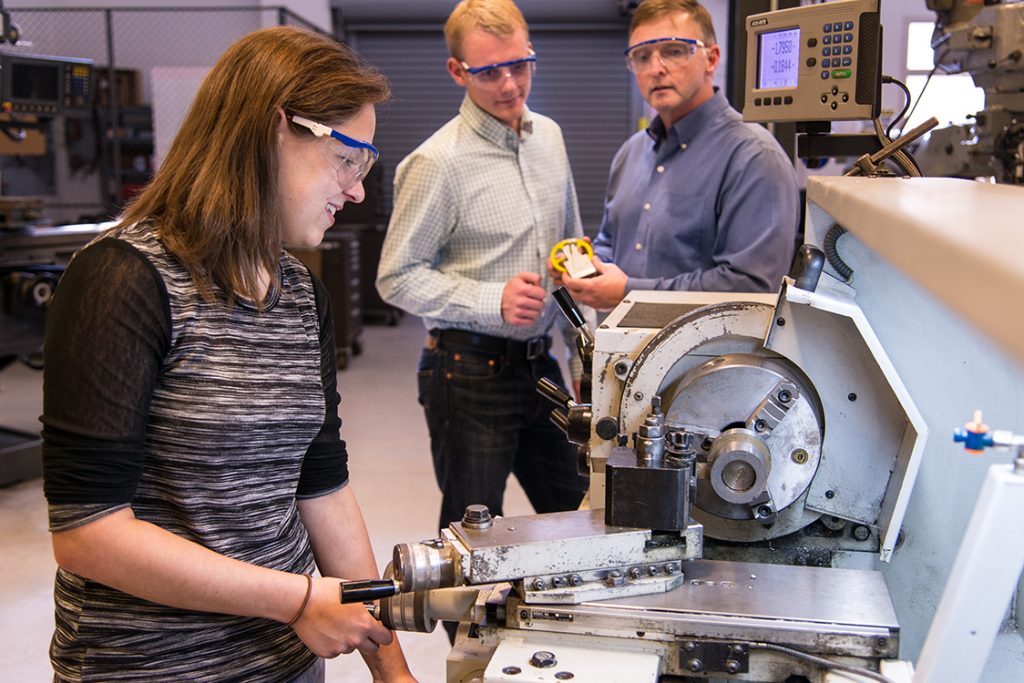TRAINING SOFTWARE TESTING FOUNDATION
TRAINING THE FUNDAMENTALS OF TESTING
TRAINING THE TEST MANAGEMENT LIFECYCLE
TRAINING OVERVIEW:
Software and hardware testing is a dynamically growing area; vendors and customers of software and hardware components recognize the need of structured and sophisticated testing methods which help them to identify and eliminate bugs more efficiently, make testing time more effective and ensure that the product they create or buy is of the expected high quality.
Software testing is an investigation conducted to provide stakeholders with information about the quality of the product or service under test. Software testing can also provide an objective, independent view of the software to allow the business to appreciate and understand the risks of software implementation. Test techniques include, but are not limited to the process of executing a program or application with the intent of finding software bugs (errors or other defects).
This Software Testing Foundation training is based on the *ISTQB (International Software Testing Quality Board) Foundation. This training will provides comprehensive first-level training for anyone involved in software testing. It covers the fundamentals of testing: definitions of testing standards, planning, managing the lifecycle, reviews and the tools available. Techniques for creating tests are described and practised. The training incorporates *the ISTQB (International Software Testing Quality Board) Foundation Aligned.
WHO SHOULD ATTEND THIS TRAINING?:
This training is intended for, i.e.:
- Software Tester engineer
- Software Quality Assurance
- Project Manager
- Software Developer
- Users
- Anyone currently involved in testing or about to move into a testing role will benefit from attending this training
TRAINING OBJECTIVES:
The participants will get the knowledge and skills of Software Testing Foundtion. Participants will learn how to:
- Explain the terminology associated with the ISTQB understand the principles and psychology of testing
- Describe verification, validation and the steps in the testing lifecycle
- Produce a project test plan
- Understand the test management lifecycle
- Produce test designs using equivalence partitioning, boundary value analysis and state transition techniques
- Use static techniques to assess quality and coverage
- Appreciate the different tools available for automating testing
TRAINING BENEFITS:
- All participants will get Software Testing TOOLKIT consisting of Learning Material, References, Process and Templates, Samples of Case Study
- Experienced and Internationally Certificied Trainer will guide participants in Case Study Session using Hands-on Approach
TRAINING MATERIAL OUTLINE:
DAY 1:
- The fundamentals of testing:
- Why testing is necessary; harm caused by defects in software; root causes; testing and quality assurance; what testing is; general testing principles; fundamental test process and the psychology of testing
- Testing throughout the software life cycle:
- Software development models; relationship between development, test activities and work products in the development life cycle, project and product characteristics and context; test levels, objectives, typical objects and targets of testing; functional, non-functional, structural and change-related testing; confirmation and regression testing; maintenance testing; regression testing and impact analysis in maintenance.
- EXERCISES AND PRACTICES
- CASE STUDY
DAY 2:
- Static techniques:
- Reviews and the test process; software work products and the different static techniques; importance and value of static techniques; difference between static and dynamic techniques; typical formal review process; different types of review: informal review, technical review, walkthrough and inspection; explain the factors for successful performance of reviews; static analysis by tools; defects and errors identified by static analysis; typical benefits; typical code and design defects identified.
- Test design techniques
- Identifying test conditions and designing test cases; categories of test design techniques; specification-based (black-box) and structure-based (white-box) approaches; equivalence partitioning; boundary value analysis; decision tables; state transition diagrams, use case testing; structure-based or white-box techniques; code coverage; statement and decision coverage; control flows using statement testing and decision testing; coverage; experience based techniques; choosing techniques.
- EXERCISES AND PRACTICES
- CASE STUDY
DAY 3:
- Test management
- Test organization; independent testing; tasks of typical test leader and tester; test planning and estimation; ‘Standard for Software Test Documentation’ (IEEE 829); typical factors that influence the effort related to testing; estimation approaches (metrics-based and expert-based); test preparation and execution tasks; exit criteria; test progress monitoring and control; metrics and reporting; configuration management; risk and testing; incident reporting and management.
- Tool support for testing
- Types of test tool; effective use of tools; potential benefits and risks; introducing a tool into an organization
- EXERCISES AND PRACTICE
- CASE STUDY
INSTRUKTUR
Instruktur yang mengajar pelatihan SOFTWARE TESTING FOUNDATION ini adalah instruktur yang berkompeten di bidang SOFTWARE TESTING FOUNDATION baik dari kalangan akademisi maupun praktisi.
Jadwal pelatihan trainingmekatronika.com tahun 2025 :
- Batch 1 : 30 – 31 Januari 2025
- Batch 2 : 13 – 14 Februari 2025
- Batch 3 : 11 – 12 Maret 2025
- Batch 4 : 16 – 17 April 2025
- Batch 5 : 15 – 16 Mei 2025
- Batch 6 : 25 – 26 Juni 2025
- Batch 7 : 16 – 17 Juli 2025
- Batch 8 : 6 – 7 Agustus 2025
- Batch 9 : 3 – 4 September 2025
- Batch 10 : 8 – 9 Oktober 2025 || 29 – 30 Oktober 2025
- Batch 11 : 13 – 14 November 2025 || 25 – 27 November 2025
- Batch 12 : 15 – 16 Desember 2025
Catatan : Jadwal tersebut dapat disesuaikan dengan kebutuhan calon peserta training Test management pasti jalan
Invetasi dan Lokasi pelatihan the test management lifecycle di jakarta :
· Yogyakarta,
· Jakarta,
· Bandung,
· Bali,
· Surabaya,
· Lombok,
Catatan : Apabila perusahaan membutuhkan paket in house training, anggaran investasi pelatihan dapat menyesuaikan dengan anggaran perusahaan.
Fasilitas pelatihan Test management di jakarta :
- FREE Airport pickup service (Gratis Antar jemput Hotel/Bandara/Stasiun/Terminal)
- FREE Akomodasi ke tempat pelatihan bagi peserta training the test management lifecycle jakarta pasti running
- Module / Handout training The fundamentals of testing jakarta fixed running
- FREE Flashdisk
- Sertifikat training SOFTWARE TESTING FOUNDATION di jakarta murah
- FREE Bag or bagpackers (Tas Training)
- Training Kit (Dokumentasi photo, Blocknote, ATK, etc)
- 2xCoffe Break & 1 Lunch, Dinner
- FREE Souvenir Exclusive
- Training room full AC and Multimedia
.


